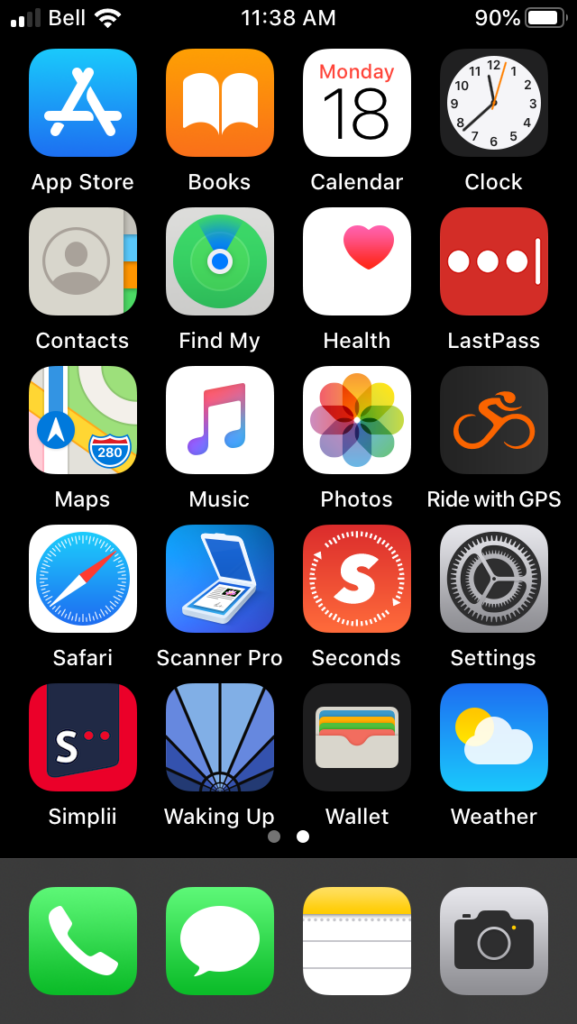
Gerry McGovern presents us with some facts to ponder regarding all this data we’re constantly accruing. He compares the amount of data we’re currently amassing to what its equivalent would be as paper in his post Data Expands to Fill the Space Available. I’ll cut right to the spoiler:
Let’s say an average tree produces 50 350-page books and that on each of those pages there are between 250 and 300 words. That gives us about 100,000 words per book or five million words per tree. I tested how many KB were used for saving 100,000 words in a couple of formats and got an average of 500 KB. Let’s throw some images and tables into the mix and bring the size up to 1 MB, which would mean that an average tree stores about 50 MB of data.
A zettabyte is 1,000,000,000,000,000 MB or one quadrillion MB. If a zettabyte was printed out in 100,000-word books, with a few images thrown in, then we would have one quadrillion books. It would take 20,000,000,000,000 (twenty trillion) trees’ worth of paper to print these books. It is estimated that there are currently three trillion trees on the planet. To print a zettabyte of data would thus require almost seven times the number of trees that currently exist to be cut down and turned into paper.
It is estimated that by 2035 there will be 2,000 zettabytes of data in the world.
There’s been several articles published recently discussing the environmental impacts of large-scale data storage and/or ‘cloud’ based storage. Over at Mic, the article The Environmental Impact of Data Storage is More Than You Think has some interesting stats as well as links to other studies/articles:
As the number of data centers skyrocket, so does their impact on the environment. The Independent reported in 2016 that data centers will consume three times as much energy as they are currently using over the course of the next decade — and they already account for more terawatt hours of electricity used than all of the United Kingdom. A 2015 report found that data centers and their massive energy consumption are responsible for about 2 percent of global greenhouse gas emissions, putting them on par with the aviation industry.
– AJ Dellinger, Mic.com
I have been reading more ebooks lately, partly due to convenience, but also because, I guess, somewhere in the back of my mind I thought it made more sense environmentally and sustainably. Unfortunately, it would seem the decision isn’t as clean cut as one would hope and we may be in for a reckoning of sorts at some point. Whether it be physical or virtual – it would seem that the notion of ‘less is more’ still seems most prudent.

